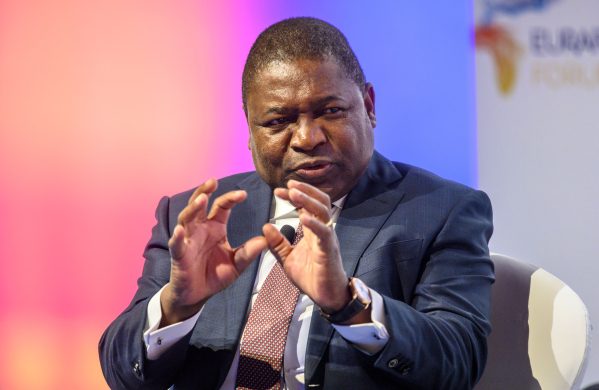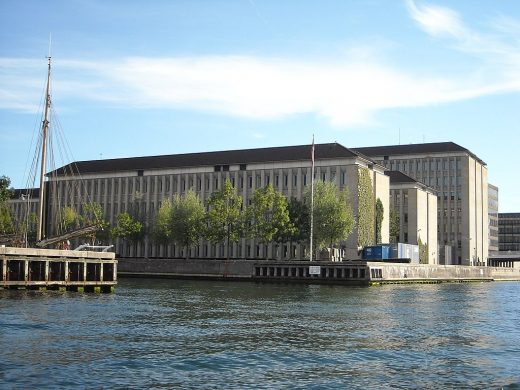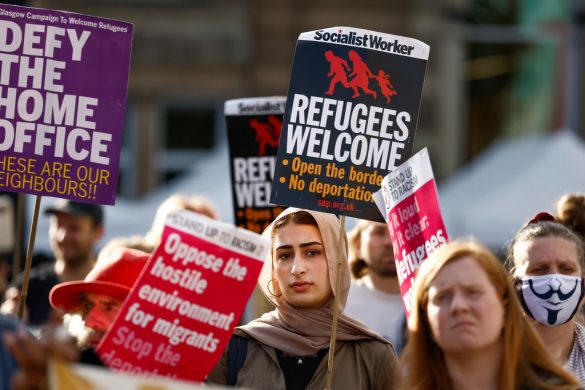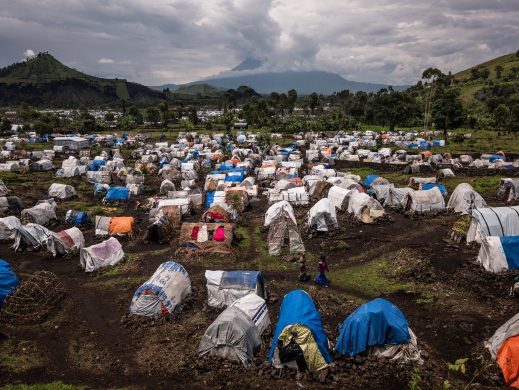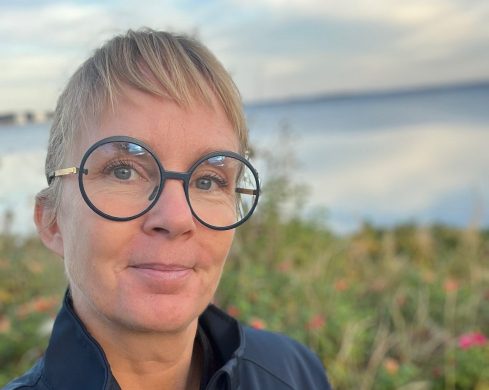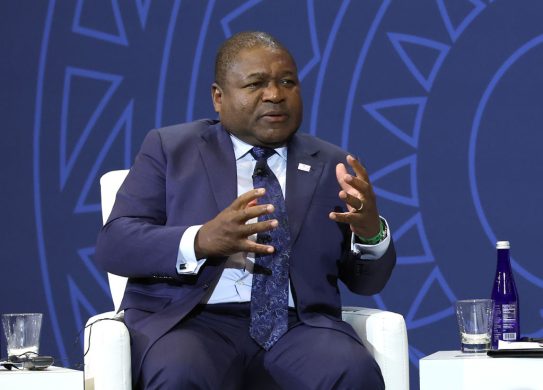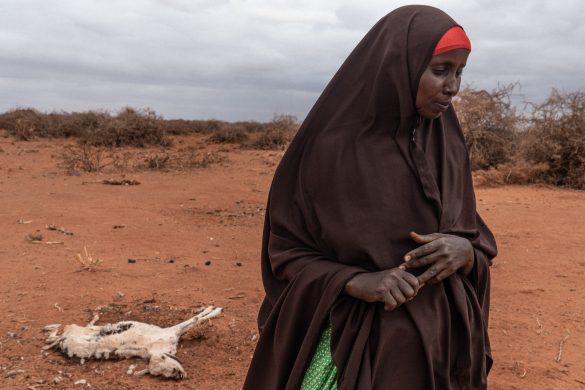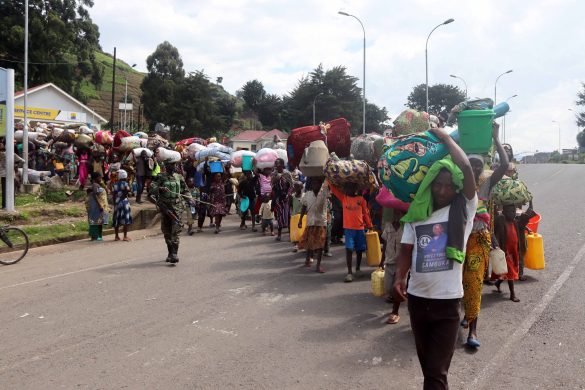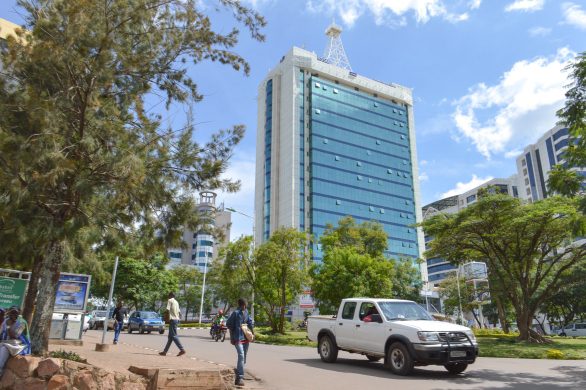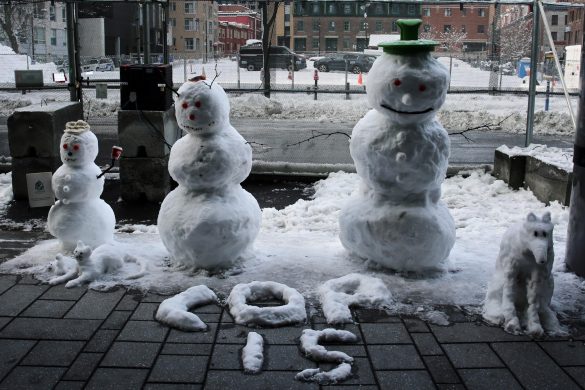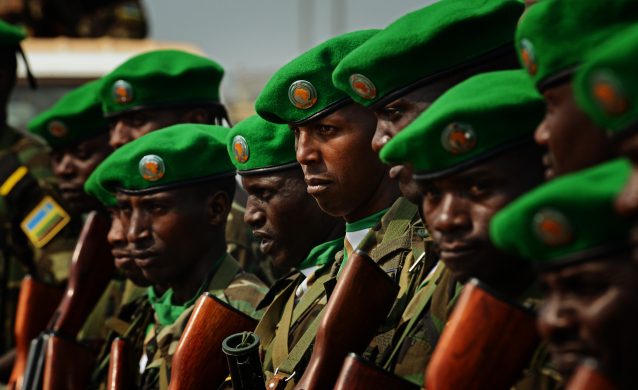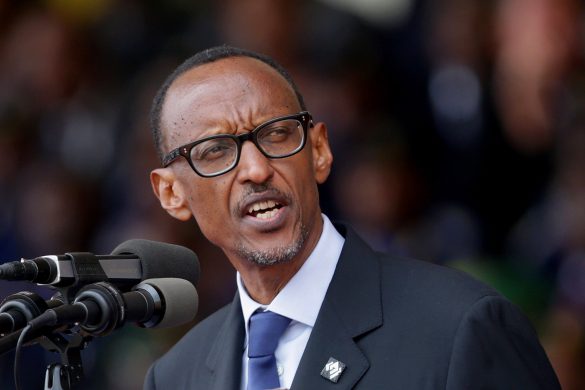MARATANE REFUGEE CAMP, Mozambique, May 31 2010 (UNHCR): Life in a refugee camp is not a bundle of fun at the best of times. At Maratane, a typical day for a refugee consists of going to the market, working in the garden and generally pottering around the house without much to do.
So when UNHCR and the UN Educational, Scientific and Cultural Organization (UNESCO) recently joined efforts to promote inter-generational dialogue and cultural exchanges in this small camp of 4.800 refugees and asylum-seekers in north-western Mozambique, people used it as an excuse to party.
– The goal is to create a living museum, where the various cultures living within the camp can come together to share music, dance, art and handicrafts with each other and with the local community, as well as visitors to the camp, said Margarida Botelho, a Portuguese consultant working in Maratane.
To help break the ice, Botelho brought along Spanish clown Denguito from the “Clowns without Borders” humanitarian group to teach the camp’s Congolese acrobatic troupe some of his juggling and other performance skills. But word soon spread about the planned session and when Botelho and Denguito showed, every other aspiring performing group had turned up to take part in the fun.
The joint programme, in which UNHCR and UNESCO are participating, is funded by Spain. The ultimate goals are to promote a more conducive environment for local integration as well as to help prepare the younger generation for a possible return home by maintaining an active link with the culture of their homeland.
Among other activities under the joint programme, UNHCR has been supporting regular cultural events inside and outside Maratane. It also plans to establish a cultural centre in the camp, which will become a living museum for art and cultural activities from the camp residents and local community.
There are some 7.700 refugees in Mozambique, including the 4.800 in Maratane. Most are from Burundi, Rwanda and the Democratic Republic of the Congo.


